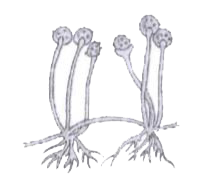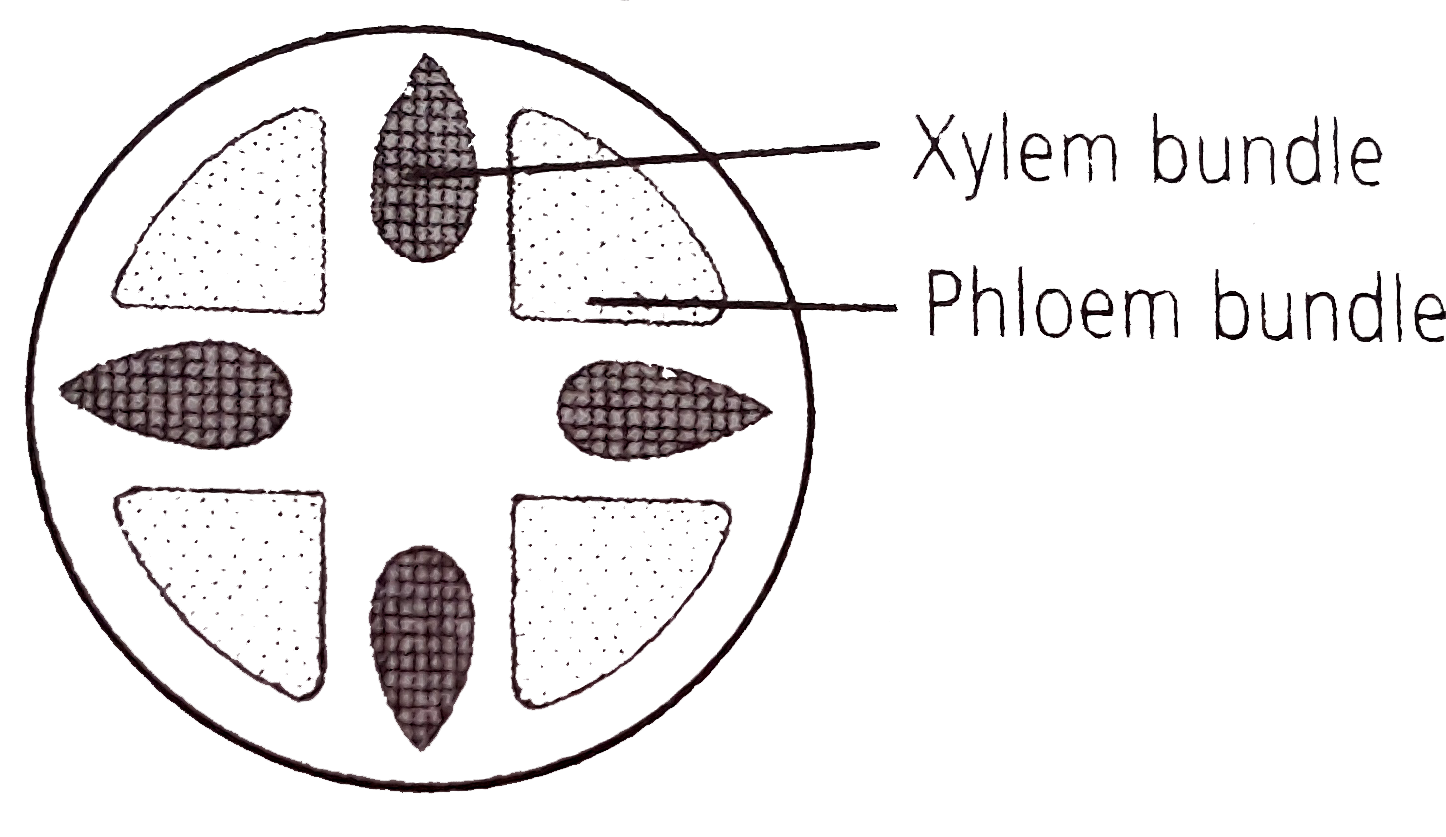Select the incorrect statement regarding DNA replication.
A
Leading strand is formed in 5'→3' direction
B
Okazaki fragments are formed in 5'→3' direction
C
DNA polymerase catalyses polymerisation in 5'→3' direction
D
DNA polymerase catalyses polymerisation in 3'→5' direction
Video Solution
Text Solution
The correct Answer is:D
(d) : Synthesis of DNA by DNA polymerases occurs only in 5'→3' direction. One strand called leading strand , is copied in the same direction as the unwinding helix. The other strand is known as lagging strand. Replication of lagging strand is in a dicontinuous way , and in the direction of growth of lagging stand is 3'→5' though in short segments of DNA which are always in the 5'→3' direction. These short segments are called Okazaki fragments joined together by the action od DNA ligase.
|
Topper's Solved these Questions
Similar Questions
Knowledge Check
Find the correct statement regarding DNA.
AForm a double helical structure made up of two polypeptide chain.BIt is an acidic substance present in nucleus was first identified by F. Meischer in 1869.CPhosphate group is linked to 5' H of the nucleoside byglycosidic linkage .DAll four deoxyribonucleotides are always equally present in the strands .The thick filament of a myofibril is part of the muscle fibre. Select the incorrect statement regarding it.
AEach thick filament is a polymerized protein of monomeric meromyosins.BEach meromyosin has two important parts, a globular head with a short arm and a tail.CThe heavy meromyosin components from the cross arms of thick filaments.DShort arms of the light meromyosin has an active ATPase enzyme activity.Select the incorrect statement regarding enzyme ?
AHelical structure (secondary structure) of enzyme contains active siteBCatalytic activity of an enzyme is inversely proportional to km constant.CCatalytic structure of most of the enzymes are tertiary and globularDActive site of an enzyme is a crevice in which substrate fits
Identify the given microorganism and select the incorrect statement regarding it.

View Solution
Identify the type of vascular bundle as shown in the figure and select the incorrect statements regarding it.
View SolutionSelect the incorrect statement regarding cartilage.
View SolutionSelect the incorrect statement regarding Amphibolic pathway :
View SolutionSelect the incorrect statement regarding test cross
View Solution